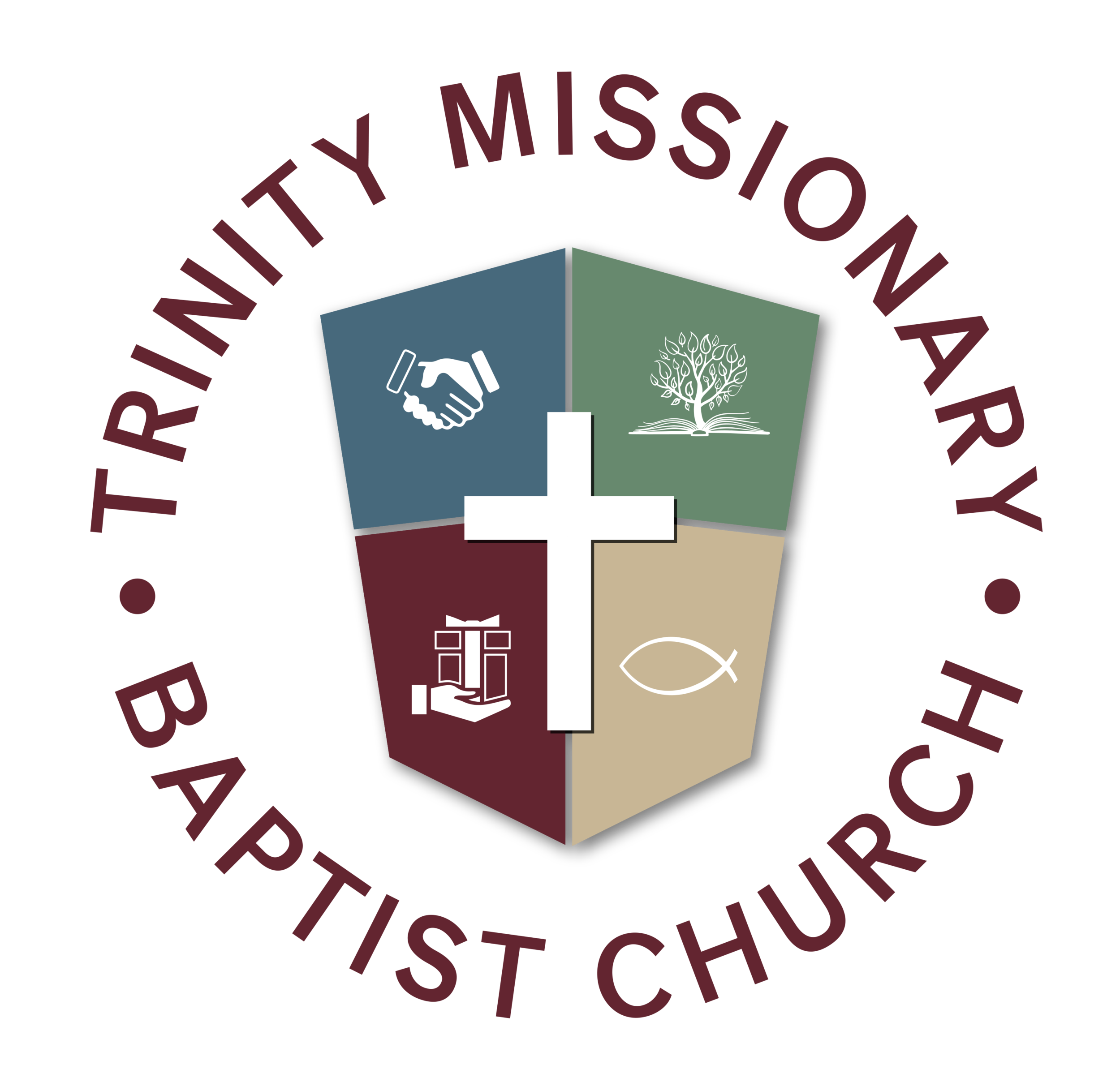“Self-Discovery Through Learning”
Trinity, thank you for accepting the practice of a Pastoral Sabbatical Leave. Following my 2020 Sabbatical Leave, I am reflective of two very impactful discoveries. The first was an internal discovery that focused on my inner landscape as a person and leader. The second was an external discovery that focused on the need of the church in addressing its marginalized members.
Pastoral Sabbatical Leave gives me more time for home, relaxing, golfing, grieving, reading and learning for introspection. My first discovery was while reading a book by Eugene B. Habecker entitled The Softer Side of Leadership (2018). The premise or thematic thread that runs through the entire book is that leaders must develop soft skills such as “social graces, personal habits, cognitive or emotional empathy, time management, teamwork, leadership traits” and most importantly, self-discovery. Admittedly, during my early years of leading, I failed at developing soft skills and instead focused more on the hard skills; namely barbering, teaching, preaching, counseling, facilitating, managing, and strategic planning. Sadly, in so doing, I lessened the possibility of success in my multiple leadership roles as a husband, a father, a pastor-teacher, a counselor, and as a facilitator.
Habecker included three quotes that brought home the need for the soft skill of “self-discovery” through learning for introspection:
“Anyone who stops learning is old, whether at twenty or eighty. Anyone who keeps learning stays young.” – Henry Ford
“The future belongs to the learning, not to the learned.” – Mary Louise Rowand
“In times of change, learners inherit the earth, while the learned find themselves beautifully equipped to deal with a world that no longer exists.” – Eric Hoffer
Self-discovery learning challenges leaders to go through a learning process that can require some “heavy lifting” to “better understand their strengths [and] their weaknesses—[which] usually evoke more authenticity, more honesty, and more humility in leadership.” Self-discovery learning “forces” you to look deeply into your soul and not shy away from what you find. Often leaders choose to be “busy” rather than “introspective.” Sabbatical leave removes any such excuse and allows me to deal with and better understand my own problems, addictions, strengths, and limitations. I know that by not shying away from this arduous and humbling task, I have the potential to become an even better leader. Habecker made a profound statement that I agree with. He said: “If you can become the leader you ought to be on the inside, you will become the leader you want to be on the outside.” Like many leaders before me, I understand that only I can make the necessary changes to become a better leader. Because it is vitally important to the body of Christ, I challenge every leader to do the “heavy lifting” required to become a better leader.
“Do the Right Thing, and Say the Right Thing?”
The second discovery I learned during my Sabbatical Leave was while preparing for my instructor responsibilities at Huntsville Bible College. In another book, I read something that stirred a deep level of conviction within me. While reading The Christian’s Educator’s Handbook on Family Life Education (Kenneth O. Gangel & James C. Wilhoit, 2000), I realized that the church must do a better job of addressing the needs of those who are often overlooked because so much attention is given to the more traditional family concepts and paradigms. Thus, I am convicted and compelled to dedicate Strategic Planning Month (October 2020) to elevate our awareness and sensitivity around what the church should “say” and “do” concerning rejected persons, stepfamilies, single mothers, and single persons. Currently, much of what we “say” and “do” is wrong.
You might ask, why address these four areas during Strategic Planning Month? This is the month we are supposed to envision and re-envision Trinity for a sustained focus on Christ’s divine mandate and Trinity’s well-being for future generations. This strategy will require unconventional thinking and some creativity. This means we may have to “think outside the box” or “color outside the lines!”
Trinity, I look forward to what God is going to do through His preached Word for Strategic Planning Month (October 2020) as we “color outside the lines.” I need you to pray that God will bless His servant to minister to those who may feel the church has overlooked them and failed to address their needs. Pray that God will provide a Word of hope for rejected persons, stepfamilies, single mothers, single persons and all who hear and listen to the messages. Pray for a “demonstration of the Spirit and of [the] power” of the living God (1 Cor. 2:4). To God, be the glory!
Resources
Gangel, K. O., & Whilhoit, J. C. (2000). The Christian educator's handbook on family life education. Grand Rapids, MI: Baker Books.
Habecker, E. B. (2018). The softer side of leadership: Essential soft skills that transform leaders and the people they lead. Sisters, OR: Deep River Books.
